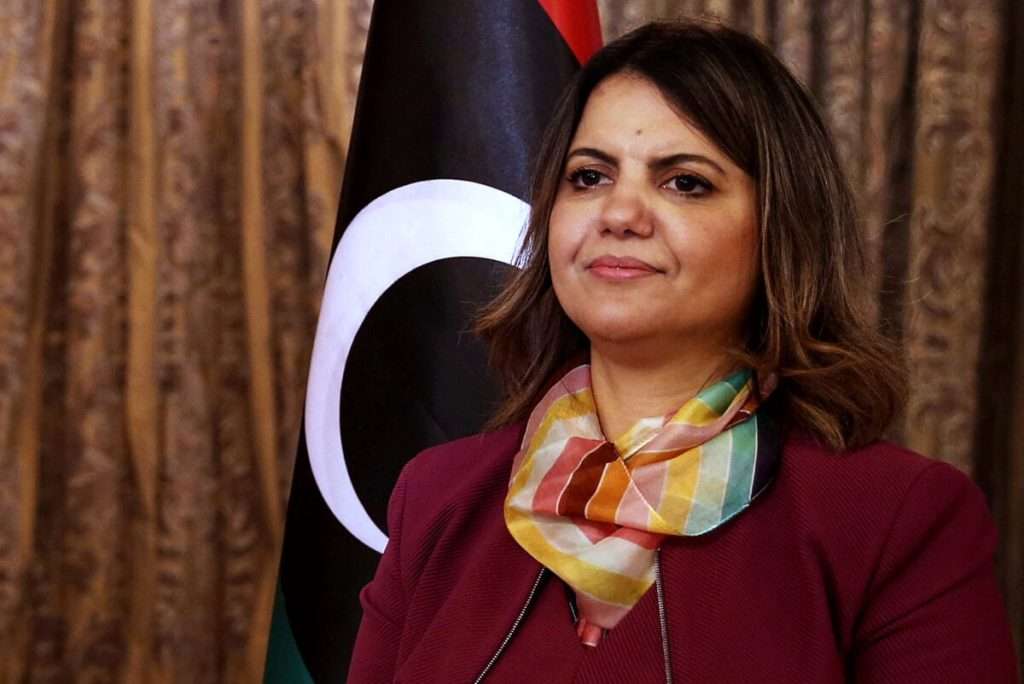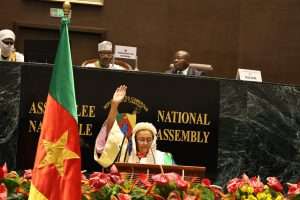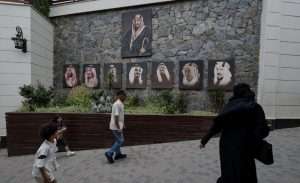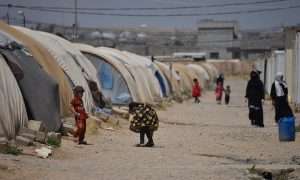Libya: Disgraced FM says Israel talks scandal handled badly

The dismissed Libyan Foreign Minister Najla Al-Mangoush has denied alleged attempts normalise with Israel after her secret meeting with her Israeli counterpart Eli Cohen was leaked.
According to the LibyaObserver on January 5th, Al-Mangoush said she is “ready for any investigation that reveals the truth of the meeting that sparked a storm of controversy in Libya.”
Her meeting with the Israeli foreign minister was leaked by the FM himself in August 2023, leading to widespread protests in support of the Palestinian cause.
Al-Mangoush said she was told by Prime Minister of Government of National Unity, Abdul Hamid Dbeibah, leave Tripoli for a few days, but her absence lasted for over a year.
The diplomat told Al-Jazeera that Libyans did not hear the truth nor did they receive the full picture of what happened, as she was prevented from speaking out.
During the discussions with Israel, which took place in Rome, Al-Mangoush said she did indeed criticize the extremist policies of the Israeli government and defended the rights of Palestinians.
The meeting, she said, hinged around gas fields and maritime borders in the Mediterranean Basin, and, not as popular opinion would have it, normalisation.
“The issue would have been resolved simply if Dbeibah had spoken directly, addressed the Libyan people and revealed the truth,” she said.
According to the Washington Institute, Dbeibah likely scheduled discussions with Israel in order to garner rapport with the US.
The meetings would indicate his willingness to join the Western-Israeli diplomatic circles, despite his countries ardent support of Palestine.
It seems ground rules for the clandestine discussions were not clearly laid out, and when Eli Cohen talked, he unknowingly threw Dbeibah’s government under the bus.
Israeli interests don’t obviously support a wilful leaking to sow distress in Libya, and further cordial relationships, as with Morocco, would likely be beneficial.
LibyaObserver, Washington Institute
Want to chase the pulse of North Africa?
Subscribe to receive our FREE weekly PDF magazine














